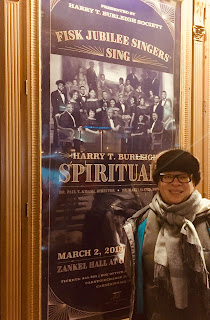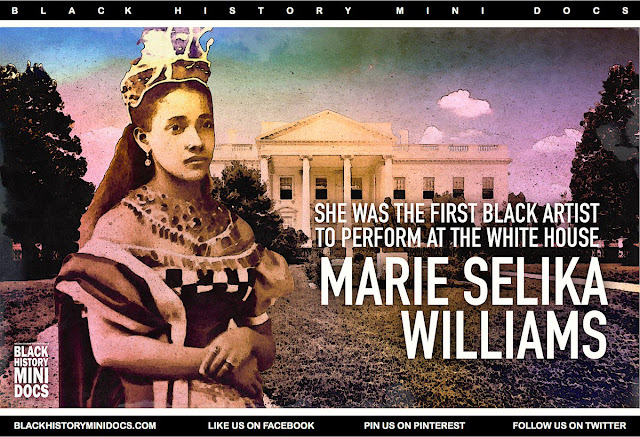Don Shirley, "Green Book," and Me

I finally got the chance to sit down and watch the Oscar-winning film Green Book , on the life of African American concert pianist Don Shirley . As I had written in an earlier blog ( "Ebony and Ivory: A Dissonant Truth" ), I had visited with Dr. Shirley in his apartment above Carnegie Hall when my parents were in New York with the Fisk Jubilee Singers. The film gave a very accurate depiction of his home and the extravagant, ostentatious décor. The Real Don Shirley in his home Don Shirley was praised early in his life as a genius, a wunderkind whose forte was the traditional classical repertoire. Composer Igor Stravinsky said of him: "His virtuosity is worthy of Gods." But his record label forced him to play jazz, and sent him on tour with a jazz trio. In an interview, Shirley said that his record label wanted him to appear in overalls with a red bandana around his neck on the album cover. He refused. In my own book I have written about facing racism as an African Am...


